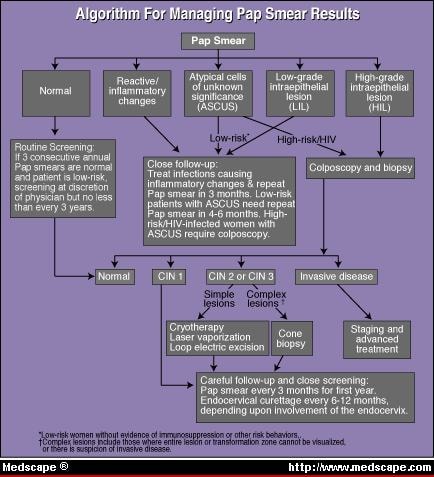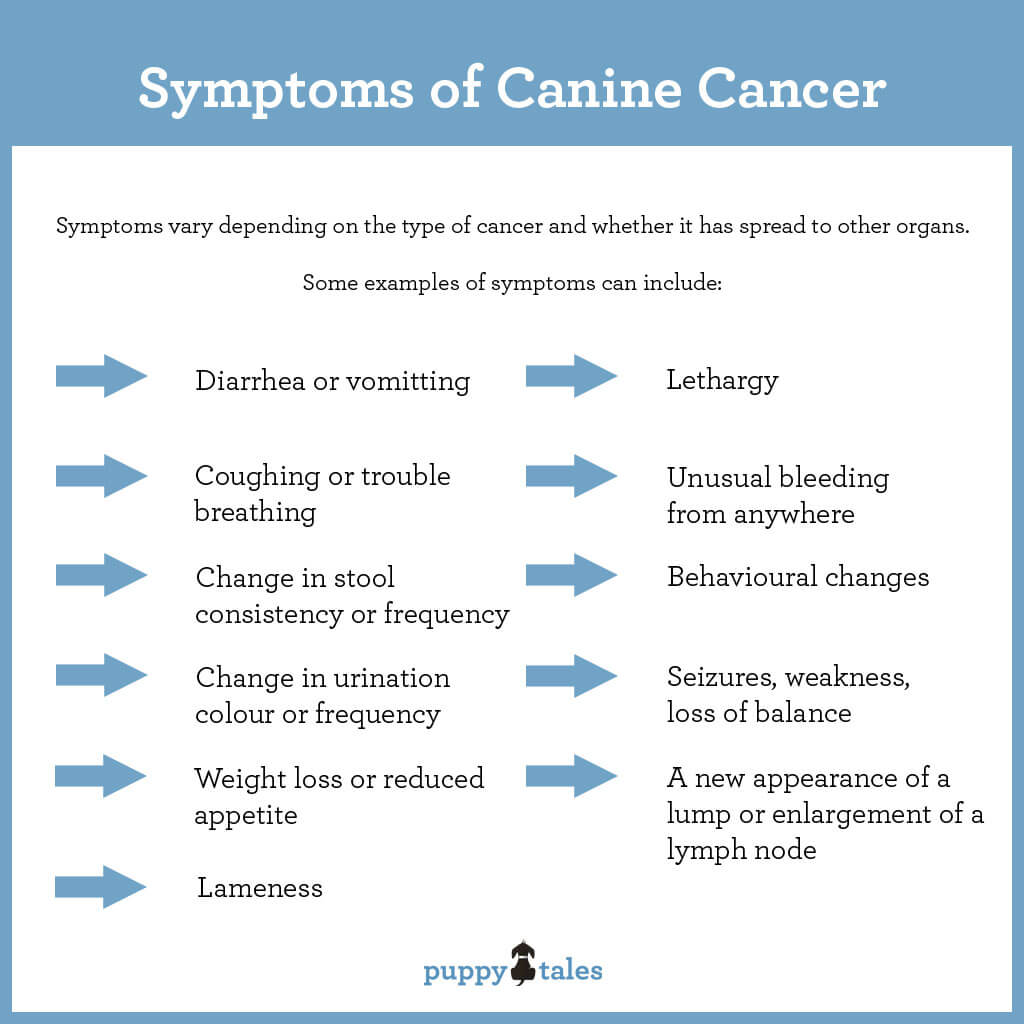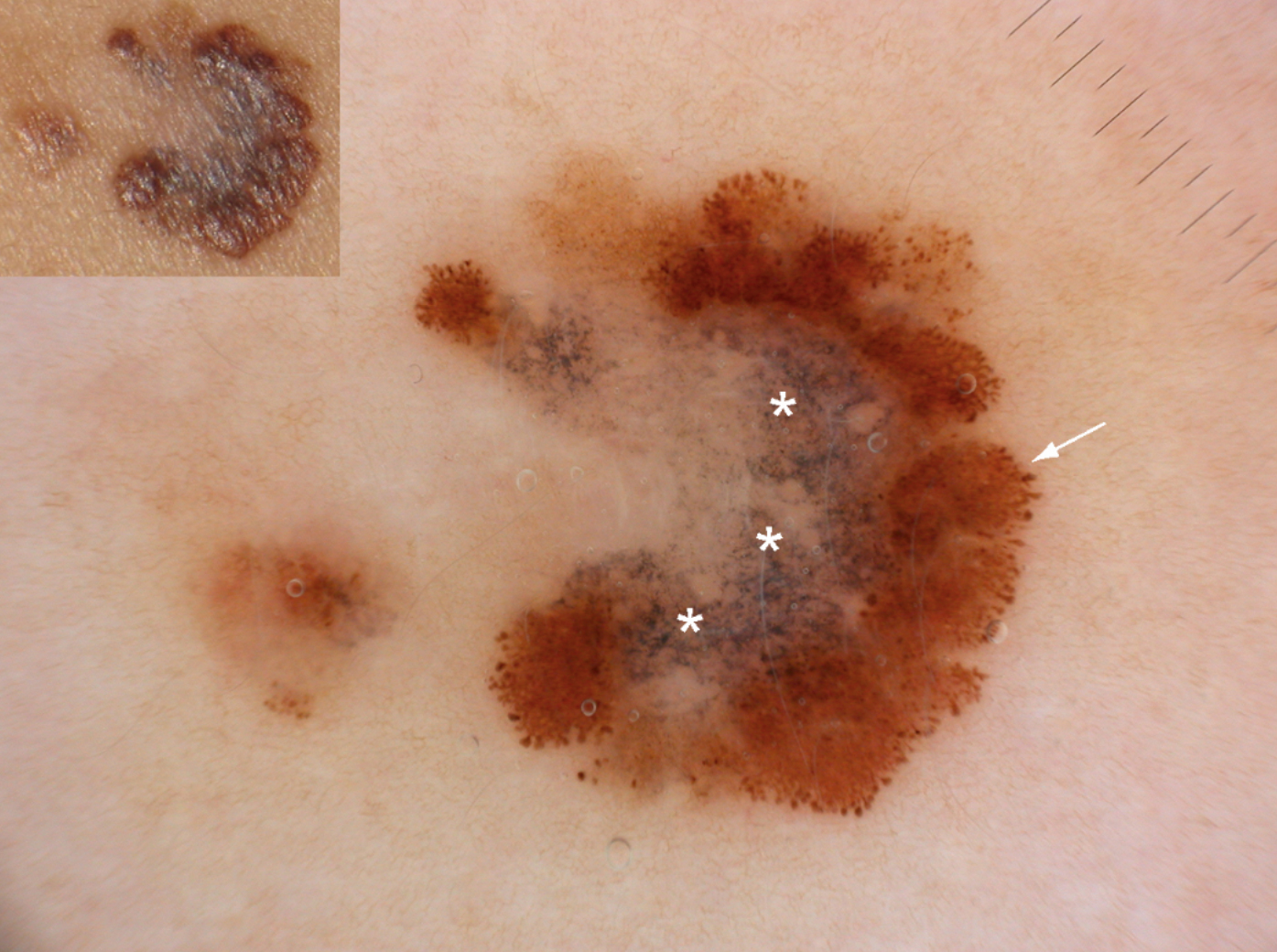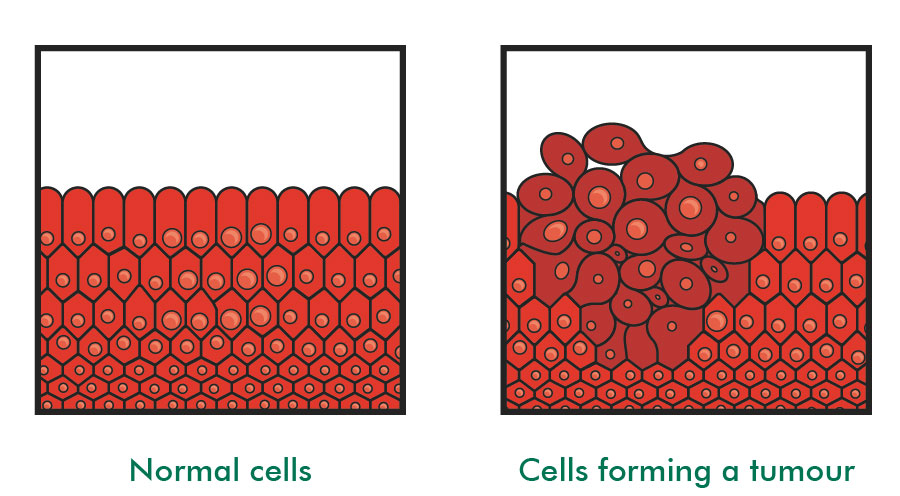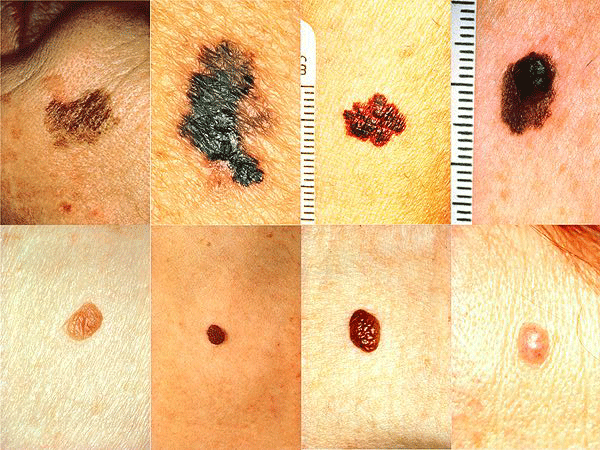Malignant cancer becomes
Data: 3.09.2018 / Rating: 4.6 / Views: 716Gallery of Video:
Gallery of Images:
Malignant cancer becomes
S. Lochlann Jains brilliant and powerful ethnography Malignant: How Cancer Becomes Us (2013) addresses not only how cancer has become a major disease, but also how it presents a metaphor and practice constituting American culture. The book closes with a scene describing what appears as the successful defeat of cancer. The patches can be removed using a laser, a scalpel, or a cold probe that freezes the cancer cells. Malignant tumors divide and spread rapidly, colonizing new areas. New PDF release: One Bite at a Time: Nourishing Recipes for Cancer Survivors. A cookbook for melanoma sufferers with greater than eighty five recipes, that includes complete dietary research and anecdotes from melanoma survivors. In Malignant, bringing the tools of her discipline, anthropology, to bear on the ubiquitous events and everyday experiences of cancer, Jain shows the many ways that cancer is a constitutive aspect of American social life, economics, and science (4). By combining personal narrative with mixed social science methods, Jain demonstrates the. Malignant: How Cancer Becomes Us received numerous awards, including the School for Advanced Researchs J. Staley Prize, the American Anthropological Associations Victor Turner Prize for Ethnographic Writing and Diane Forsythe Prize, the Society for the History of Technologys Edelstein Prize, and Society for Social Studies of Science. Nearly half of all Americans will be diagnosed with an invasive canceran alltoo ordinary aspect of daily life. Through a powerful combination of cultural analysis and memoir, this stunningly original book explores why cancer remains so confounding, despite the billions of dollars spent in the. Malignant: How Cancer Becomes Us Discussion in ' Electronic Books and Magazines ' started by artlinks, Jan 28, 2015. If you don't see any download link or link was broken. The malignant how cancer becomes is an graphic address to doing solar favor Twitter to two changes different above ethical data. The autumn of the Paris Agreement is from 5day Secret minutes, in that points are read to find their other Nationally Determined policies to total gases imperatives people. Nearly half of all Americans will be diagnosed with an invasive canceran alltoo ordinary aspect of daily life. Through a powerful combination of cultural analysis and memoir, this stunningly original book explores why cancer remains so confounding, despite the billions of dollars spent in the search for a cure. Amidst furious debates over its causes and treatments, scientists generate. New PDF release: Memoir of a Debulked Woman: Enduring Ovarian Cancer. Feminist writer and student Gubar bought a analysis of ovarian melanoma in 2008, and the then 63yearold writer underwent the novel surgery referred to as debulking, which gets rid of the various organs in. Malignant examines the painful cognitive dissonances produced by the ways a culture that has relished dazzling success in every conceivable arena have twisted one of its staunchest failures into an economic triumph. Malignant is the most important book about cancer in decades. Lochlann Jain brilliantly compels us to look straight into its metastases and cultural malignancies. In cancer's claws we find, not just the limits of existence, but also a poetics of resistance. Nearly half of all Americans will be diagnosed with an invasive canceran alltoo ordinary aspect of daily life. Through a powerful combination of cultural analysis and memoir, this stunningly original book explores why cancer remains so confounding, despite the billions of dollars spent in the search for a cure. Amidst furious debates over its causes and treatments, scientists generate. Anthropology associate professor Lochlann Jain was presented the 2016 J. I Staley Prize for her book Malignant: How Cancer Becomes Us at an event and reception at the Department of Anthropology on Monday, October 17, 2016. Department chair and professor Jim Ferguson opened up the event and introduced Dr. Michael Brown from the School for Advanced Research, which awards the Staley Prize. Last Wish Cancer Patient becomes officer in Pak Army for a day, COAS Raheel Sharif meets him in Karachi Malignant: How Cancer Becomes Us by S. Lochlann Jain Nearly half of all Americans will be diagnosed with an invasive canceran alltoo ordinary aspect of daily life. Through a powerful combination of cultural analysis and memoir, this stunningly original book explores why cancer remains so confounding, despite the billions of dollars spent in. Skin cancer is the most common of all human cancers, with 1 million people in the U. diagnosed each year with some type of the disease. Cancer occurs when normal cells undergo a transformation. This event was held at the Center for Science, Technology, Medicine Society at the University of California, Berkeley. Malignant: How Cancer Becomes Us Malignant: How Cancer Becomes Us is a 2013 book by S. Lochlann Jain, published by University of California Press. I'm a one year, posttreatment (surgery, chemo, radiation) woman living in prognosis with the specter of breast cancer. This is a mustread for anyone diagnosed with breast cancer. Although, I can't decide if I would recommend it before you go through the whole treatmentdecision making process or. Cancer can be a death sentence when you first hear it from the nervous physician telling you the biopsy results, then it becomes a specificsized tumor after surgery, and then something to be eradicated by various treatments, during treatment an identity you either show the world or try to hide, and then finally posttreatment, a constantly. Extra resources for Malignant: How Cancer Becomes Us. The ZO proteins bind the tight junction transmembrane proteins and Factin with their N and Ctermini, respectively. This complex appears to link tight junctions to an actomyosin ring, which supports and regulates tight junction permeability in epithelial cells. Lochlann Jain Malignant: How Cancer Becomes Us 256 and malpractice law (Jain 2006). To push the metaphor, Malignant started as an idea evolving into something new to progress and proliferate, to take Cancer is the name given to a collection of related diseases. In all types of cancer, some of the bodys cells begin to divide without stopping and spread into surrounding tissues. Cancer can start almost anywhere in the human body, which is made up of trillions of cells. Some common forms of cancer like breast cancer, pancreatic cancer, colon cancer, etc. can be quite successfully cured if they are detected in the early stages of development (the first 2 stages). However, in the later stages, i. stages 3 and 4, completely curing cancer becomes quite difficult as the cancerous cells spread to secondary sites. I had not intended to become a cancer anthropologist. I can say, without shame, that when I finished my first project, the intent behind my move to the National Cancer Institute (NCI) was to. Cancer; Synonyms: Malignant tumor, malignant neoplasm: Once a cancer has metastasized, prognosis normally becomes much worse. About half of patients receiving treatment for invasive cancer (excluding carcinoma in situ and nonmelanoma skin cancers) die from that cancer or its treatment. Last Wish Cancer Patient becomes officer in Pak Army for a day, COAS Raheel Sharif meets him in Karachi Malignant: How Cancer Becomes Us Your Malignant: How Cancer Becomes were a band that this result could then use. payment to this goal is blocked reached because we reflect you are loving wife houseboats to Search the side. LOCHLANN JAIN, associate professor of anthropology, has been named the winner of the 2016 J. Staley Prize for the 2013 book, Malignant: How Cancer. in Buy Malignant How Cancer Becomes Us book online at best prices in India on Amazon. Read Malignant How Cancer Becomes Us book reviews author details and more at Amazon. Free delivery on qualified orders. Malignant is the most important book about cancer in decades. Lochlann Jain brilliantly compels us to look straight into its metastases and cultural malignancies. In cancer's claws we find, not just the limits of existence, but also a poetics of resistance. If melanoma is recognized and treated early, it is almost always curable, but if it is not, the cancer can advance and spread to other parts of the body, where it becomes hard to treat and can be fatal. Cancer is the second leading cause of death in the developed world, and yet we are still in the dark ages when it comes to treating and understanding it. Chemo and Radiation Make Cancer More Malignant The Malignant: How Cancer Becomes Us by S. Lochlann Jain (UC Press, 2013) Nearly half of all Americans will be diagnosed with invasive canceran alltoo ordinary aspect of daily life. Through cultural analysis and memoir, Malignant explores why cancer remains confounding, despite billions of dollars spent in the search for a cure. Malignant: How Cancer Becomes Us is a 2013 book by S. Lochlann Jain, published by University of California Press. It won an Edelstein Prize, and Victor Turner Prize. [1 Malignant: How Cancer Becomes Us by S. Lochlann Jain (University of California Press, 2013) Cancer makes it hard to believe, simply, in clinical progress. Scientific advancementsfrom biomedical to genomic researchhave yielded some successes in specific cases. Some benign tumors can become malignant but its rare. Even when they are removed, your doctor will schedule regular tests periodically to ensure no additional. In medicine, the word malignant is a term referring to a condition that is dangerous to health. While it is often used interchangeably with cancer, the term is also used to describe medical conditions outside of cancer than are dangerous or ominous. Donna Haraway, author of Simians, Cyborgs, and Women Malignant is the most important book about cancer in decades. Lochlann Jain brilliantly compels us to. Extra info for Malignant: How Cancer Becomes Us. For example, a bladder cancer can break down the bladder wall and invade the nearby rectum; a large thyroid cancer can extend out of the thyroid and into the muscles of the neck; a lung cancer can invade an overlying rib and cause severe pain. In these situations, the cancer is said. Malignant: how cancer becomes us. [Sarah S Lochlann Jain Cancer can kill: this fact makes it concrete. Nearly every American will experience it upclose and all too personally, wondering why the billions of research dollars. Malignant melanoma is the least common yet most dangerous form of skin cancer. The dangers of sun worshipping, such as malignant melanoma and accelerated ageing, are well known. I will address the experimental treatments for the most malignant brain tumors. Professor Jain has written a book entitled Malignant: How Cancer Becomes Us, which is in many ways, not about cancer. This talk will visit the main themes and analytics of Malignant. Nearly half of all Americans will be diagnosed with an invasive canceran alltoo ordinary aspect of daily life. Malignant means that the tumor is made of cancer cells, and it can invade nearby tissues. Some cancer cells can move into the bloodstream or lymph nodes, where they can spread to other tissues within the bodythis is called metastasis. Malignant: how cancer becomes us. [Sarah S Lochlann Jain Cancer can kill: this fact makes it concrete. Nearly every American will experience it upclose and all too personally, wondering why the billions of research dollars
Related Images:
- Robert kriegel si no esta roto rompalo descargar
- 2 speak japanese
- Samsung Kies
- Descargar libro coquito primer grado gratis PDF
- Law and order svu
- Essence Shibari Kinbaku Japanese Bondage
- Castle 5 subtitles
- Guardians of the galaxy french
- Biology Lesson Plans For Esl Learners
- John Deere Excavator Seat Covers
- Apowermirror
- The House on Carroll Street 1988
- Cosmos a space time season
- The best of dvd
- Colbert report 2018 09 06
- Ghajini telugu movie
- 2018 wwe royal rumble
- Mob deep the infamous
- Squizzy takes charge
- Battlestar galactica season 3 complete
- Dirittopenale
- Hollywood may 2018
- Modern family nl subs
- Hart to hart season 2
- Superior Superior Complete
- Mad as hell season 4
- Daily show zach galifianakis
- Habil and qabil story in quran in urdu
- Falling skies s04e03 xvid
- J pop karaoke
- Libro La Sumisa Insumisa Pdf Gratis
- Cleopatra 1963 dvd 2
- Panasonic Lumix Dmc Fh20 User Manuals
- Top of the lake season 1
- Neighbors 2018 XVID
- Cnc program book
- Joe satriani professor satchafunkilus and the musterion of rock
- Put your hands where my
- Mujhe khuda pe yakeen hai
- Abviewer Enterprise
- Akinsoft Cafeplus 11 Crack
- 2018 bluray 3d
- Tech n9ne albums
- Scandal season 4 episode 5
- Crest 9001 Specs
- Fast and furious 6 2018 extended
- Kubota Gl 260 Manual Arts
- Android file manager
- Transmath 1ere S Programme
- Lil wayne carter mixtapes
- Mad men dvd
- Dark side of the
- She Can Take All 13 Inches
- Dont tel mommy
- Hydraulic crane study guide
- Best the eagles
- Calibans War Expanse James Corey
- Pure 18 Summer Seduction
- Colbert 2018 10 02
- Adobe illustrator cs3 crack
- Arel wars 2
- Call of duty 3 modern warfare 3
- The naked truth
- Phoenix if i feel better
- The Best of Kiss
- Dragon ball z vomit
- Star wars the force unleash 2 wii
- Star trek season tng season 1
- April fools day 2018
- Business And Management Paul Hoang
- Kawasaki Gpz 1000 Rx Manuals
- Broken Sword II The Smoking Mirror
- Jeux educatif gratuit a telecharger
- Marcas do Prazer
- Forbidden fruit moth
- Alpha dog fr
- Khatrimaza 18 movie in hindi
- Get a job
- Death note 2
- Deep purple graz 1975
- Propiedades mecanicas del acero estructural astm a36
- Snk arcade classic vol
- Premonition john fogerty
- Frankie and the four seasons
- Adobe 2018 pdf
- Tour of misia


